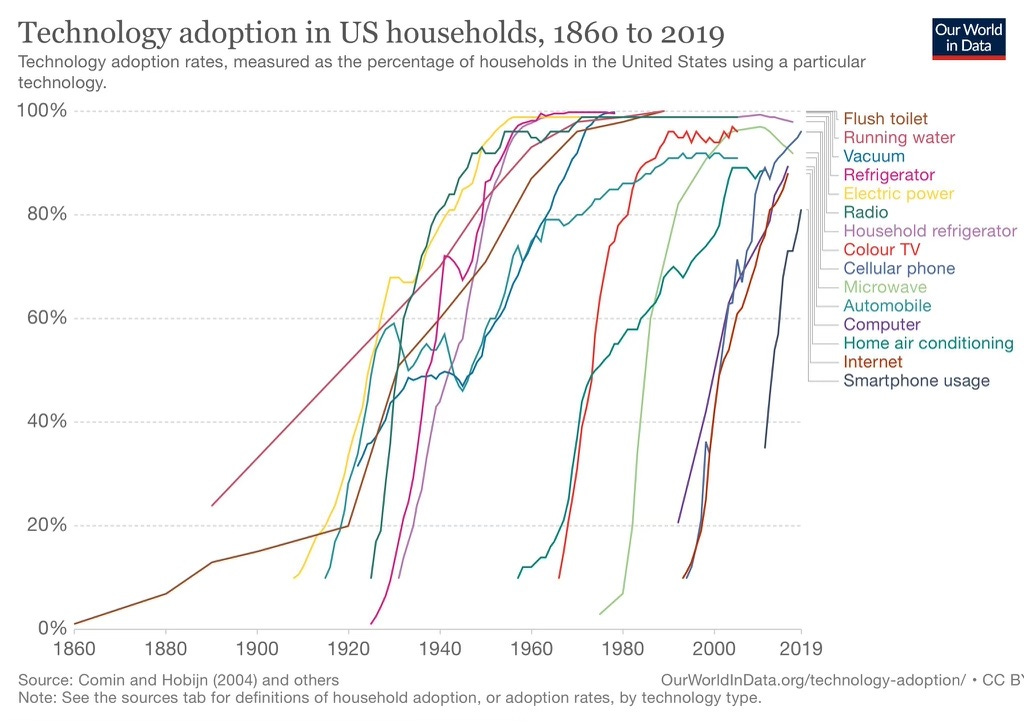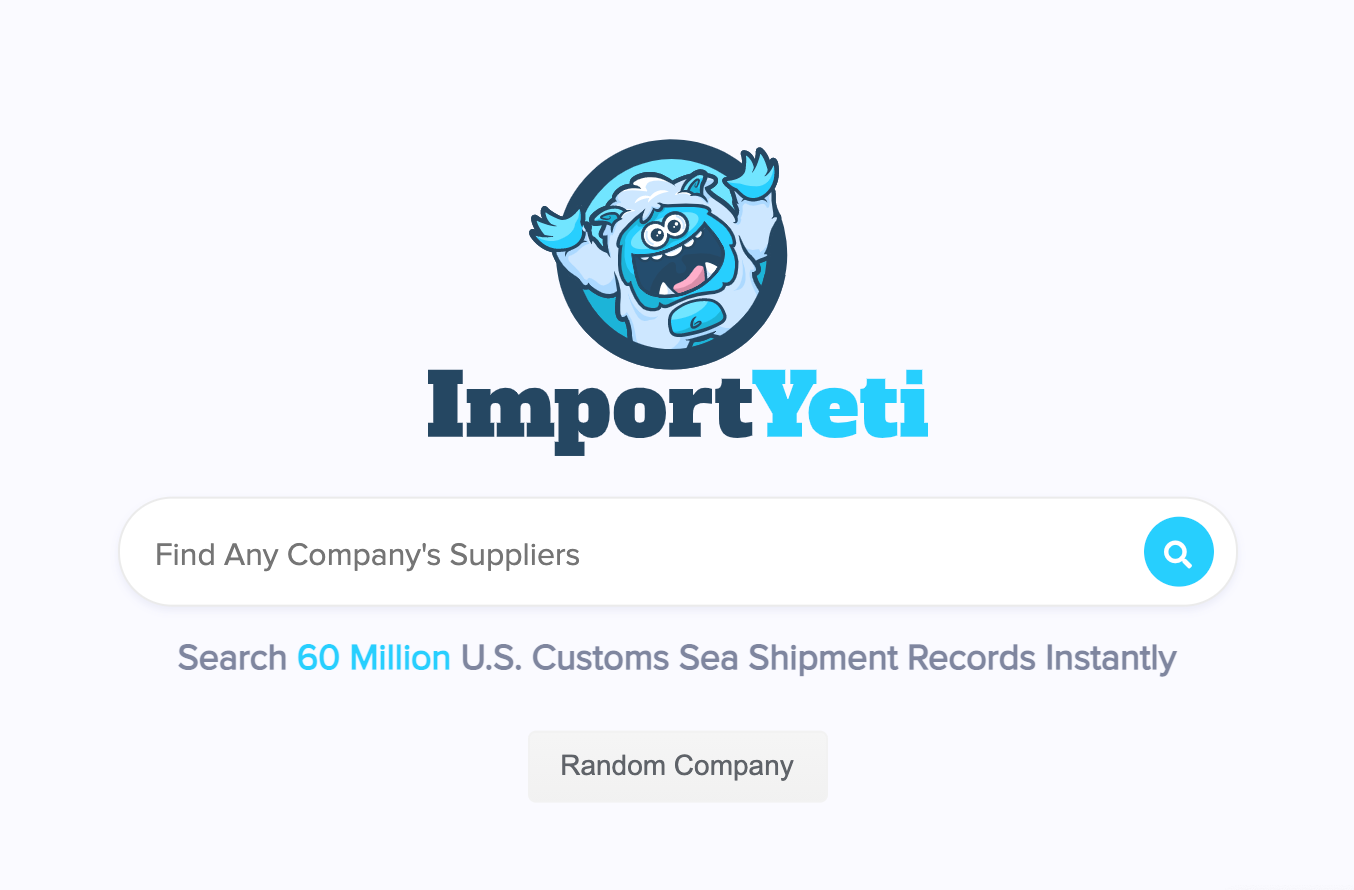Greetings from snowy New York! It’s already snowed more in two hours than the entirety of last winter. I spent this weekend making a couple of adjustments to the new format of the newsletter and tinkering on some side projects. A few exciting updates:
- As you can see, the emails will now be coming from me (Randy Ginsburg) instead of Crashing Up.
- The Crashing Up podcast is now live wherever you listen to podcasts. Head over to your favorite podcast provider to check it out. It would mean the world if you left an Apple review to get me started. I’ve got new episodes coming for you soon! Apple | Spotify | Anchor | Breaker
- On Tuesday, I’ll be speaking at New Degree Press’ Author Summit to discuss landing press for your book. Leading up to the event, I put together the Book Marketing Boss, an in-depth Notion dashboard to help you launch, market, and sell your book. If you’ve already written a book (or e-book!) or have plans to in the future, I promise this will drastically improve your workflow and save you countless hours of time. If you want to pre-order a copy before its launch on Wednesday use code “CRASH” for 25% off.
Let’s get into it. Here’s a weekly collection of things that I’ve been learning from or enjoying recently…
📕What I’ve Been Reading:
In the age of dying retailers, there’s one last chance for survival: Private brands. Private brands are growing four times faster than national brands and have become a cornerstone of comeback retail of the year candidates like Kohl’s and Target.
To Costco, this is old news. Its Kirkland private brand has been a staple for decades and a key driver of Costco’s $150 billion in annual revenue. This article from Adam Keesling’s Napkin Math, breaks down the economics and rigorous quality standards behind the family favorite brand famous for its apocalypse-sized portions. If you’ve been on the fence about getting a Costco card, this might just do it for you.
📺What I’ve Been Watching:
In August 2014, Twitch (initially named Justin.TV) was acquired by Amazon for $970 million in cash. In this video, co-founder Justin Kan shares the story of how Justin.TV’s proof of concept validation came from a wild drunken arrest with the CEO of Reddit. What a story.
🏙️Whispering Cities:
Paul Graham’s essay, Cities has become an instant classic for me.
“Great cities attract ambitious people. You can sense it when you walk around one. In a hundred subtle ways, the city sends you a message: you could do more; you should try harder.”
He argues that Boston challenges your intellect, LA pressures you to be more famous, New York pushes you to be richer and Silicon Valley breeds you to be powerful.
Having only lived in New York, I’m unable to confirm the other three but his version of New York checks out.
For those of you live in Boston, LA, or SV: What do you think?
For those who don’t: What message does your city say?
⏱️Technology Over Time:
This chart shows the trend of major technological advances over the last 160 years. It wasn’t until 1960 that Americans had the first iterations of many of modern-day technological essentials listed below. They were thrilled by these new ways of life because they didn’t know what they didn’t have yet.

Nowadays, we take rumors of emerging technology like gospel, only to be disappointed when the ten to twenty year innovation processes don’t meet our instant gratification-fueled timelines. The internet has groomed us to want more, faster which has resulted in an epidemic of perpetual dissatisfaction.
Which of the emerging technologies on the horizon do you think will make this chart and which don’t we know yet?
🧰Tool of the Week:
In 1966, the Freedom of Information Act was passed which allowed all citizens to request access to a wide range of government information. However, the experience of actually obtaining this data is as enjoyable as jumping into a ball pit filled with Legos. Like many government processes, it’s antiquated AF. The data is delivered on 40 GB worth of CDs. So, a few guys decided to take one for the team and democratize this information in an easy to view manner.
ImportYeti uses recent U.S. Customs Bill of Lading Sea Shipment information to find any company’s suppliers. You see exactly what suppliers your favorite companies use, their locations, and the timestamps of the orders. This is a gold mine for anyone who works in manufacturing or is looking to create their own product.

That’s it for this week. Let me know what you thought of this edition by clicking one of the links below. All feedback will be used to make this the best it can be.
- 👍 This newsletter was interesting and taught me something new!
- 😐 Meh – was ok.
- 👎 Not interesting to me.
If you learned something new today, I’d love if you passed along the knowledge to your most curious friends and family. I can’t wait to share some new content with you next Monday.
Thanks for reading,
Randy